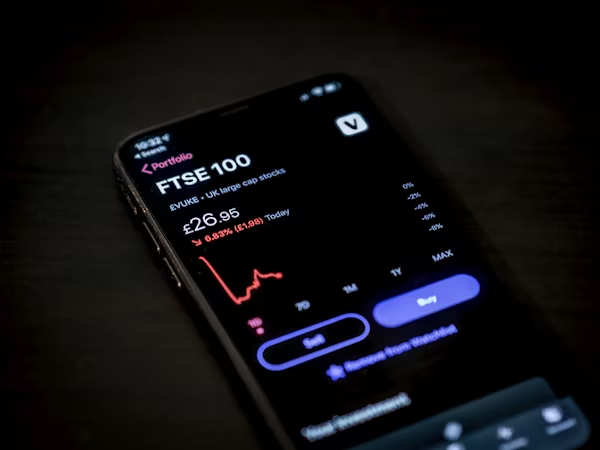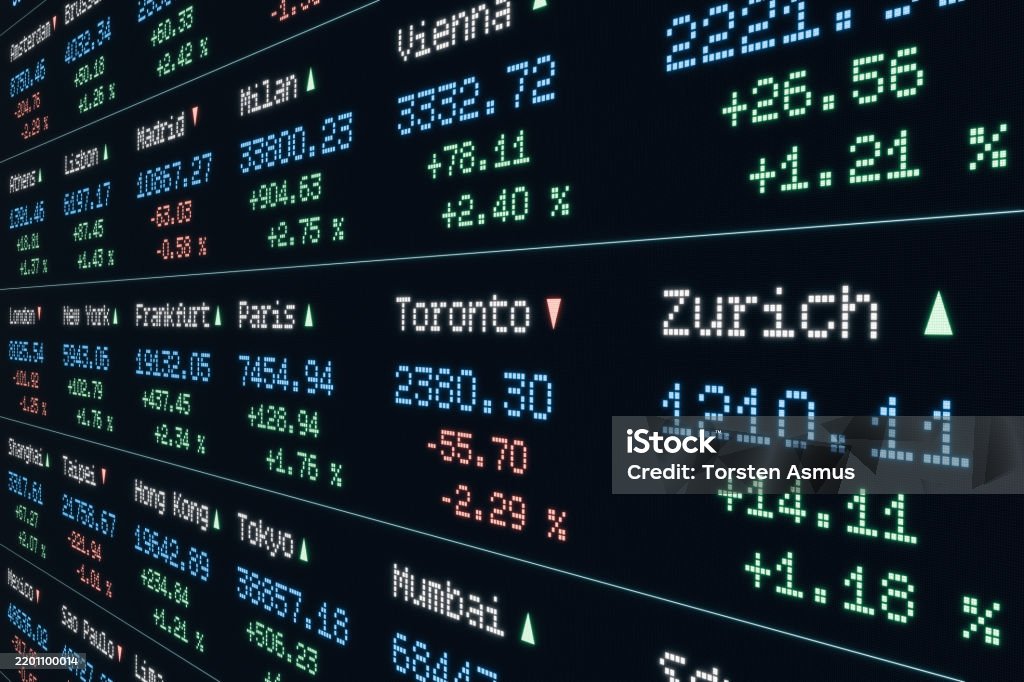The BSE Share Price has fallen significantly by 8% from a recent record high, and investors have expressed concern. In light of the market volatility, the BSE, which is Asia’s oldest stock exchange, has been received negatively. Analysts mentioned they would cite valuation risks as a reason for the fall in the price. What does this mean for investors? Should you buy, sell, or hold BSE stock in 2025? In this article, we will breakdown the reasons for the drop, expert opinion and next steps to help investors understand what to do.

Why Did The BSE Share Price Drop By 8%?
BSE shareholding has dropped after the stock reached an all-time high, driven by positive market sentiment and bullishness surrounding India and its growing financial markets. However, with a greater than 8% correction, many in the investment communities have started to question the depth of the correction and consideration some opportunities for entry again. Analysts cite reasoning for the stock drop as the following:
- Overvaluation: BSE’s stock was trading at a premium and at a higher P/E multiple than its comparative industry peers, leading profit booking.
- Market volatility: The moves in the broader Indian stock markets and global market uncertainty tended to impact high multiple stocks like BSE.
- Regulatory risks: Future regulations that have the potential to arise from SEBI, and generally newer exchanges that threaten BSE’s market share can be future pressures.
- Profit booking: After an immediate period of a strong rally, profit taking by investors contributed to the 8% share price correction in BSE.
- Despite the stock drop, BSE’s fundamentals are still strong, and the company continues stable revenue growth from future trading volumes, listing fees and technology services. So the question arises, is this an opportunity to buy, or an opportunity to sell?
Analyst’s Views: Valuation Risks
Analyst’s views on BSE are mixed. Some identified valuation risks, saying, in a volatile market, the stock’s high P/E may not be sustainable. Others said BSE’s position as a leader in the Indian stock market and diversity of revenue streams may be attractive for holding long-term.
A recent report from a large brokerage firm suggested a cautious stance, saying “Although BSE is fundamentally a well-run corporate, in its current position, there is little margin for error.” Another analyst kept a “Hold” call and said they see near-term challenges but long-term opportunity due to growth in India’s capital markets to be attractive.

Buy, Sell or Hold BSE Stock in 2025?
Whether you wish to buy, sell, or hold BSE stock in 2025 ultimately depends on your investment objectives and risk tolerance. Here is a summary that you can base your decision off of:
Buy:
- Long-Term Investors: If you have confidence in the Indian stock market’s long term growth potential, BSE’s market position and diversified revenues bodes well overall. Given the 8% price decline could represent a buying opportunity for investors with a holding period of 3-5 years.
- Dividend Investors: BSE’s strong history of paying consistent dividends may appeal to seeking additional income from investments.
Sell:
- Short-Term Traders: If you are worried about additional price volatility and/or further regulatory changes, seller now to lock in current gains may be a reasonable option before further price decrease.
- Risk Averse Investors: Investors do not want to touch high valuation stocks may want to trim their position size somewhat to get market clarity down the road.
Hold:
- Balance Investor: If you already own BSE stock holding it knowing in the long run you can invest them in another investment that you have confidence in may be rationalize holding it to avoid longer-term price volatility.
- Wait-and-watch Investors: With risks still remaining like regulatory risks from the exchange as well as the ever-growing amount of competitive companies, wait-and-watch may be the appropriate approach for you to get a better feel for how the market may work itself out.

BSE Share Price Movement and Technical Indicators
Technically speaking, the BSE share price is now below its 50-day moving average, which indicates that there is bearish momentum short-term. The share price is still above its 200-day moving average so remains long-term bullish. The price must hold above support around 10% from today’s price, and resistance near the recent high, which was a new record for the stock.
Search results for “BSE share price” and “BSE stock analysis” has started to climb, indicating increased interest from buyers. It is a critical time to be aware.
BSE Future Outlook 2025
Measuring BSE’s long-term growth potential still comes down to forecasted stock market trends in India. More retail investors, more IPOs, and more digital examples of trading will help drive revenues for BSE in the future. Nonetheless, as investors we have to be aware of the following:
- Alternative Exchanges: As competition, alternative exchanges and fintech are presenting a threat toward BSE.
- Global Economy: A slowdown in global economies could affect Indian stock prices which could in turn affect BSE.
- Valuations: As mentioned earlier, if earnings growth does not provide justification for valuations, further corrections could take place.

Take Caution in Your Decision Making
The stock drop of 8% from BSE has created some caution but also some opportunity. There’s uncertainty regarding the valuation risks and potential volatility of the market, but BSE is a great company at a great price and certainly worthy of monitoring. Regardless of whether you decide to buy, sell, or hold on BSE, you should always ensure that your decision is in line with your overall financial situation and objectives. Continue to monitor the latest BSE stock analysis, along with ongoing market developments, to navigate this ever-changing situation.
Disclaimer: The information available in this article is for informational purposes only and should not be construed as financial advice. Always seek a licensed financial advisor when making investment decisions.
